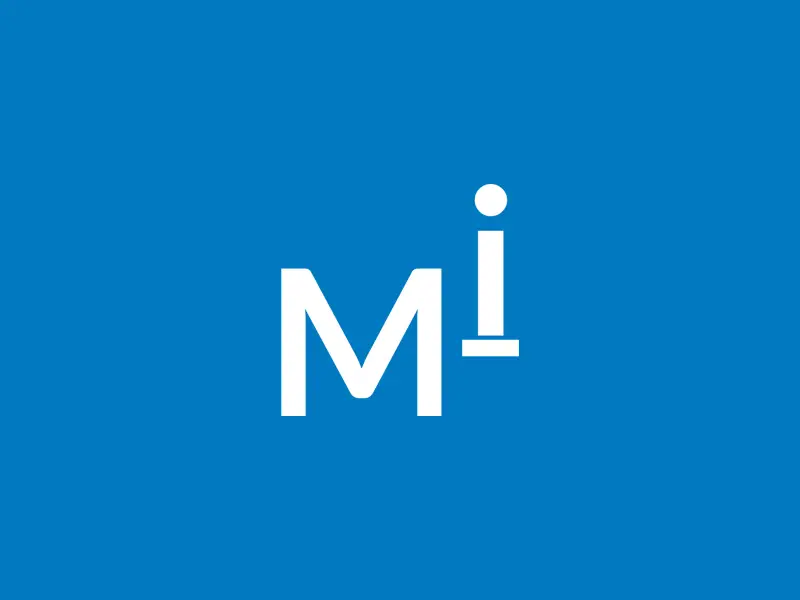The Targeted Intervention: Chronic Absenteeism will take a community-based exploratory approach to understanding the experiences of chronically absent students and efforts to increase student attendance. March 18, 2024 – Mass Insight Education & Research...
Behind the numbers: Why Massachusetts Leads in AP Again
Massachusetts takes pride in being first in the country in many areas, especially the percentage of college grads in its workforce. But we can’t keep our lead unless we continue to invest in preparing high school students from all demographic backgrounds for college. That’s why last week’s news that Massachusetts again led the nation in the percentage of students who graduated with a passing score (three or better) on an Advanced Placement test is so important.
When you dig into the numbers, it’s clear that the Commonwealth is spreading the rigor of college coursework not only at the better-funded districts, but across the board. That investment continues to pay off with more students ready to tackle college and earn a degree.
The participation and results among students of color help tell the Massachusetts AP story. Hispanic, Latino, and black students in Massachusetts continue to take AP exams in greater numbers. The 10-year trend reveals remarkable data: minority participation in the exam is up over 500 percent since 2007. Performance on the exam also is strong. From 2007, when only about 1,300 Hispanic, Latino, or black students scored a three or better on an AP exam, the number this year is over 5,800. The story is similar among low-income test takers: tremendous growth in participation and scores of three or better.
Those gains translate into greater academic knowledge and confidence — and most importantly, a vision for college — for many students who previously couldn’t access AP programs. The big lesson we’ve learned from our 10 years of administering the AP STEM and English program is how much untapped potential there is in our high schools. Our mission is to help teachers and students realize it.
At Mass Insight Education & Research, we couldn’t be more proud to play a role in expanding AP and also helping students, teachers, and administrators have a successful AP experience. We’re grateful for the support we receive from the Department of Elementary and Secondary Education, along with donations from many private sources, that is helping yield such important results in Massachusetts schools.

Recent Posts
An Interview with Kristen Hengtgen of The Education Trust
https://youtu.be/1ZfxNShHJOU?si=d1a1GoVrgrDWT5Cu Kristen Hengtgen, Ph.D. is a senior analyst on The Education Trust's P-12 policy team and co-author of their new report, Increasing Access to Advanced Coursework in Massachusetts. In this interview, she joins Mass...
Mass Insight to honor AP teachers at Partners in Excellence celebration
The Partners in Excellence event celebrates the achievements of teachers, school and district leaders, and community members who have made an impact on student opportunity and success. BOSTON – February 21, 2024 – Mass Insight Education & Research (Mass Insight)...
You may also like
An Interview with Kristen Hengtgen of The Education Trust
https://youtu.be/1ZfxNShHJOU?si=d1a1GoVrgrDWT5Cu Kristen Hengtgen, Ph.D. is a senior analyst on The Education Trust's P-12 policy team and co-author of their new report, Increasing Access to Advanced Coursework in Massachusetts. In this interview, she joins Mass...
Creating the conditions for greater success of systemically disadvantaged students in AP: Next steps for the Massachusetts AP STEM & English program
Recently the New York Times published an article entitled, Why is the College Board Pushing to Expand Advanced Placement? The article focuses on an important issue: there’s been greater growth in AP participation for Black and Latino students and students living in...
Recentering Our Communities in School Transformation: An Equity-First Approach
This is the final post in Mi’s Revisiting the Turnaround Challenge blog series. In Revisiting the Turnaround Challenge, we examined the outcomes of three “turnaround zones” implemented by urban public school districts in partnership with Mi between 2012-2019. Our goal...


